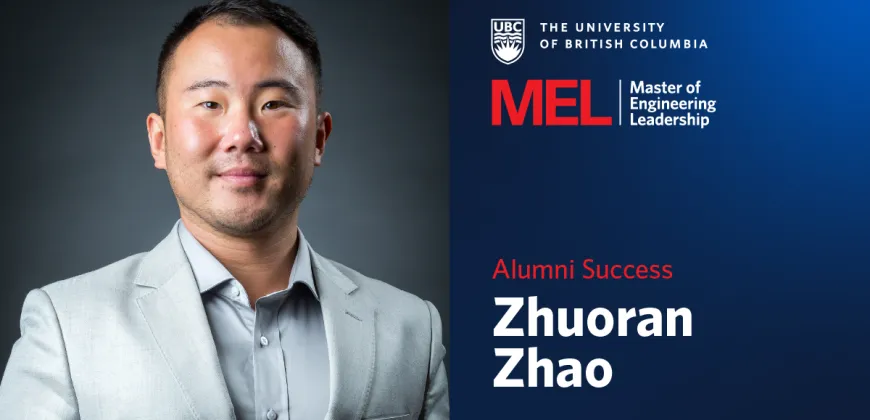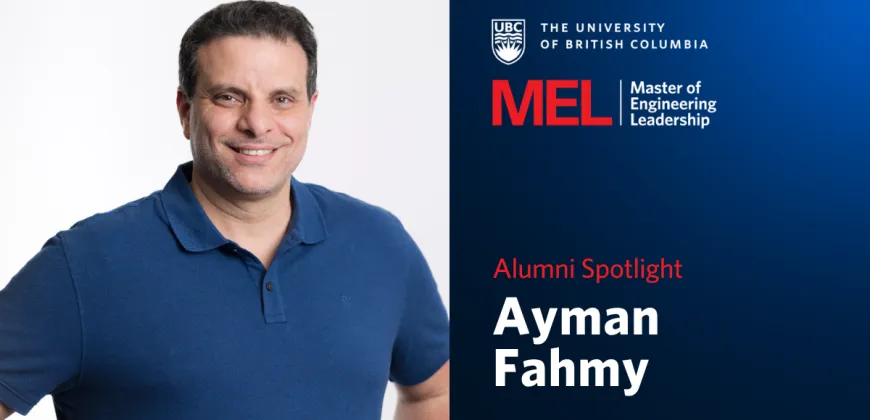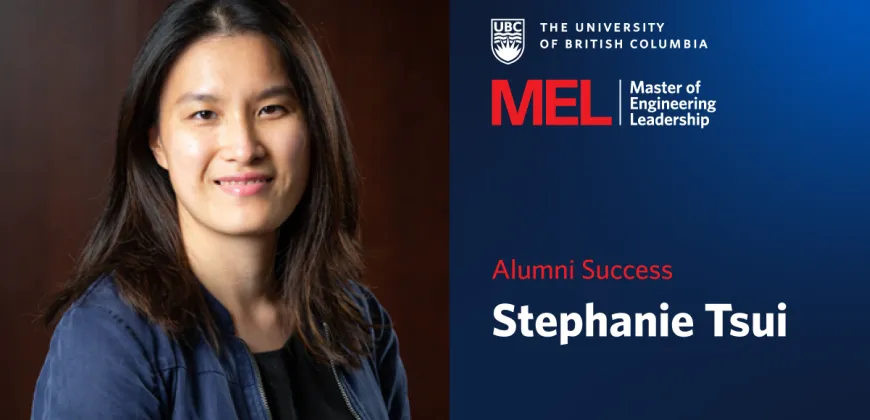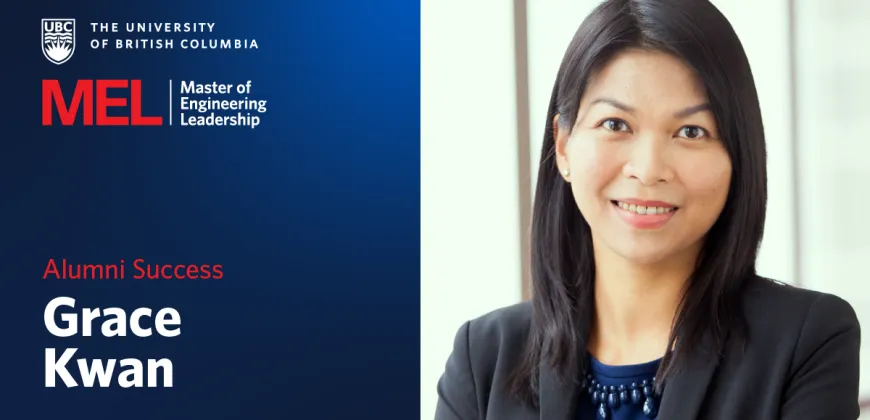Alumni Spotlight: Zhuoran Zhao
A project manager with a world-renowned architectural firm, Zhuoran Zhao pursued the MEL in Urban Systems to gain the knowledge and connections that will enable him to be an even more effective leader in his field.

Since graduating with a degree in architecture from Beijing’s Central Academy of Fine Arts in 2015, Zhuoran Zhao has continued to invest in his education and expand his scope of work. This included completing a master’s degree in architecture and urban design at Columbia University to grow his knowledge of public spaces, social concerns and sustainability.
After working as a managing partner of an architectural practice in China, he began working for Barcelona-headquartered Bendetta Tagliabue – EMBT Architects as a project manager for the Asia Pacific Region.
“My professional role evolved over the years,” he says. “I went from being an architect to working in a project manager role where I was responsible for managing teams and contracts.”
“The service scope also expanded to working on infrastructure in public spaces. While I had the technical training, I realized I could benefit from training in finance, accounting management and leadership. That’s what got me interested in the MEL.”
An interdisciplinary curriculum
The MEL in Urban Systems curriculum covers the complete life cycle of urban infrastructure, including planning, engineering, infrastructure asset management, and project delivery and economics.
“It helped me build my knowledge of the industry – from the very technical aspects of asset management through to policy consideration and procurement.”
Zhuoran appreciated that sustainability concepts are embedded throughout the curriculum. A course on procurement, for example, focused on using ESG metrics when evaluating competing bids for infrastructure projects. Other courses explored how to adopt new technologies or approaches to mitigate climate impacts.
Learning from his peers was also a highlight, given that MEL in Urban Systems cohort brings together students with backgrounds in architecture, civil engineering construction management and real estate. “The peer education aspect of this program was so valuable,” he says.
“Not only did we come from different professional backgrounds, but we also represented very different cultures, age groups and educational experiences.”
About 40 per cent of the MEL in Urban Systems curriculum consists of business and leadership classes offered through UBC Sauder’s Robert H. Lee Graduate School.
“These courses gave me a totally new perspective about leadership,” says Zhuoran.
“We talked about different leadership styles, as well as the difference between leaders and managers and the importance of being a leader who can move the industry forward, rather than someone who is just implementing a plan.”
Zhuoran says that these courses helped students build very practical skills in communication, enabling them to collaborate more effectively with people from different backgrounds, specializations and jurisdictions. He even took an elective on negotiation that included role-playing in class to help students improve their ability to negotiate – be that with stakeholders, clients or their professional colleagues.
Other courses, like Strategy and Innovation, were less skill-oriented and more concept-focused, teaching students practical concepts in areas spanning human resources, finance, inclusiveness and performance.
Over the 12 months of the program, Zhuoran also made full use of professional development opportunities, including networking events on campus, as well as being one of only 12 students from across Canada selected to attend the high-profile Canadian Council for Public-Private Partnerships conference in Toronto.
Taking on new responsibilities
Zhuoran has continued to work for the Bendetta Tagliabue as the Project Manager for the Asia Pacific Region, working out of Vancouver. He says that after completing the MEL, he has taken on greater levels of responsibility.
“I’m much more exposed to the client side, primarily those in in the public sector,” he says.
“I am using the communication, negotiation and leadership skills I learned in the program to be a more effective bridge between our clients and our internal teams.”
He’s also more explicitly incorporating sustainability concepts into his project work, including the use of measurement criteria and frameworks.
“Going back to school at this point in my life was very exciting,” he says.
“It’s really wonderful to return to campus life and meet people from different disciplines – including engineering and health care – who become friends.”
“I was exposed to so many new ideas and had so many interesting conversations. And it was just fun to be part of various social opportunities and events, including being captain of our storm the wall team!”
–
Take the steps to join the next cohort of engineering leaders. If you haven’t already, assess your eligibility and sign up for the upcoming information session to learn how to submit a strong application. Learn more about this innovative master’s program:



